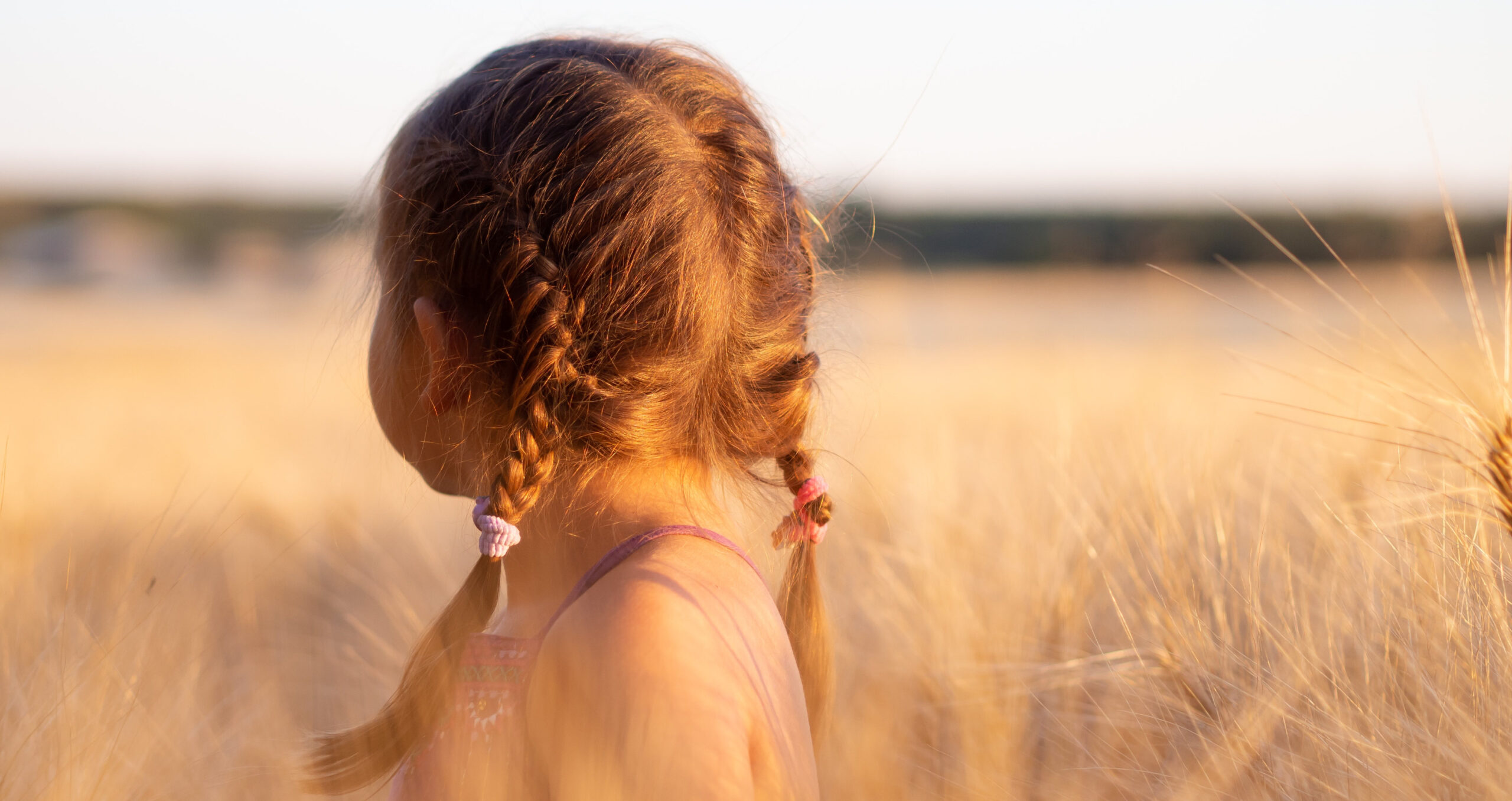“The more I treat my child respectfully (i.e. the more I practice) the more I get frustrated and disappointed with the people in the world and how poorly children are treated…”
– Catherine B.
From the archives: Posted on 26th November 1996
At 8:57 AM 11/26/96, Starlene wrote:
“Hi Chris and welcome, Along these same lines, I’m sure most of us have thought this. In the car the other day, I ‘heard’ myself snap at my son about something. And, it occurred to me that I would never speak in that tone of voice to my mother, my sister, or any of my friends.”
This is a huge concept. Perhaps in this audience it’s more obvious, as Starlene notes, but it is not obvious in the wider context of the world I live in! We treat our children (extension=society tends to treat children) as lower life forms, unworthy of the level of respect we give adults. Somewhere along the line “we” decided that you reach a certain age and suddenly we speak to you “as an adult.” This makes me think of a bunch of things, including:
- overall levels of respect. An adult, stranger, intimate, or relative, automatically garners more respect, whether deserved or not. Respect can include but certainly not limited to, all subjects that follow.
- tone(s) of voice. We adjust according to audience, almost automatically become condescending with children, and talking over them as if they aren’t there, or are not part of the conversation, or wouldn’t understand. Positively insulting.
- eye contact. Few people are skilled at making and maintaining respectful eye contact with a child; the younger the child, the less eye contact. I’ve observed people turn away and refuse my son’s direct questioning.
- physical distance and personal space. Children get touched, often condescendingly, and pushed, jarred, or physically removed—things almost never done to an adult. How many adults in the grocery actually excuse themselves when pushing past your kids?
- personal property rights. We wouldn’t dare infringe on one another in the same manner we do kids—jerking things out of their hands, withholding their personal property, and refusing to let them touch/examine other’s property.
- interference in a person’s decisions. We may think differently, but rarely is it “polite” to correct an adult (unless an intimate). Strangers feel free to correct children (maybe they thinks it’s for their own good).
Not meant to be all-inclusive list. But I find all this horrid. The more I treat my child respectfully (i.e. the more I practice) the more I get frustrated and disappointed with the people in the world and how poorly children are treated… No wonder people label children as “brats.” They raise them that way.
See also:
Catherine B., 1996, ‘(Dis)respecting children’, https://takingchildrenseriously.com/disrespecting-children
